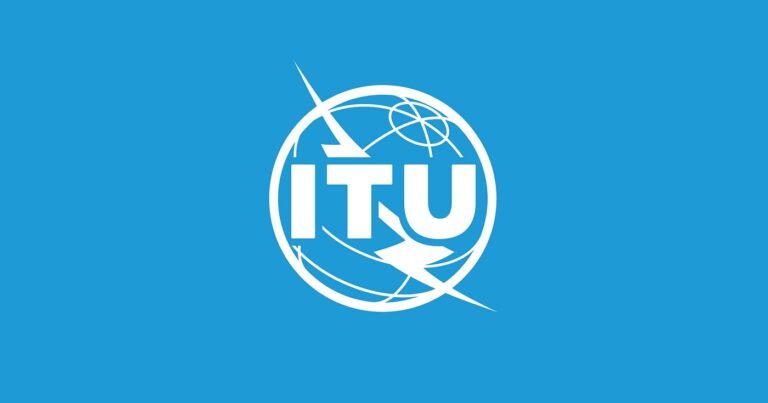In the rapidly evolving ecosystem of digital governance, Nigeria stands out as a regional leader. According to the International Telecommunication Union (ITU) G5 Benchmark, The West African nation has reached the advanced standard, sharing this distinction with Ghana, Kenya, Rwanda, and South Africa.
This achievement underscores Nigeria’s progressive approach to regulation and digital transformation, setting an example for other countries in the region.
Nigeria boasts one of the largest economies and ICT sectors in Africa, supported by a complex institutional framework for ICT, IT, and digital transformation. The country’s path to G5 regulation offers valuable insights for regulators and policymakers both regionally and globally.
The ITU’s ‘generations of regulation’ framework, which outlines the evolution from G1 to G5, serves as a useful lens to understand Nigeria’s progress. While G1 to G4 represents a linear progression, G5 emphasizes a more flexible and collaborative regulatory approach, crucial for addressing the wide-reaching impacts of the digital economy across various sectors.
ALSO READ: HYPERCONNECTED AGE: ERICSSON’S REDCAP RAN SOFTWARE
Nigeria’s journey began in 1992 with the establishment of the Nigerian Communications Commission (NCC) under Decree No. 75. This marked the G1 phase, characterized by command-and-control regulation.
The turn of the millennium saw Nigeria transition into a market liberalization phase, with mobile competition introduced in 2001. This era, corresponding to G2 regulation, was followed by the privatization of the state-owned Nigerian Telecommunications Limited (NITEL) and Mobile Telecommunications Limited (MTEL) in 2014.
In 2020, Nigeria advanced to G3 regulation, marked by the adoption of a unified licensing regime, an environment conducive to investment, innovation, and access, as well as a robust competition and consumer protection framework.
Today, Nigeria is classified as G4, or fourth-generation regulation, which is integrated and driven by socio-economic goals outlined in the Nigeria National Development Plan (NDP) (2021 – 2025).
The country’s readiness for G5 regulation is evident in its comprehensive approach to digital policy and governance. However, there are still areas for improvement, particularly in collaborative governance and other aspects highlighted in Nigeria’s self-assessment on the ITU unified framework country board.
The evolution of Nigeria’s digital regulation reflects a broader recognition of the digital economy’s central role in socio-economic development, beyond just the ICT sector. As Nigeria continues to refine its regulatory framework, it has the potential to achieve a leading G5 status, setting a new standard for digital governance in Africa and beyond.




